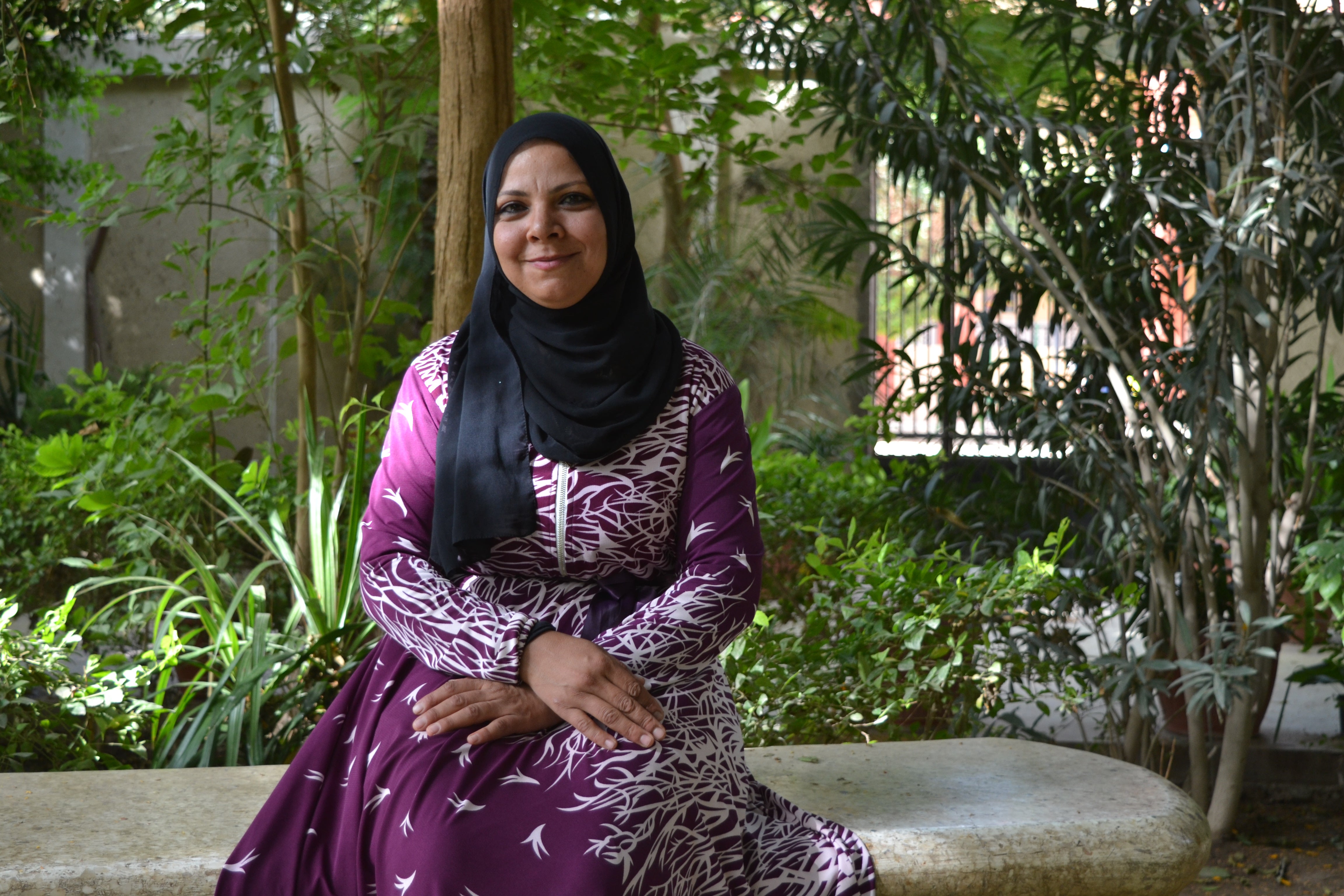In the words of Naglaa Fatehy: "Even my husband has started helping out around the house. He sometimes even prepares me sandwiches to take while running errands."
Date:
Naglaa is a dedicated wife and mother of three living a rural village. As a young girl, she completed high school but when she realized that the same opportunity might not be available to her daughter, she decided to take action. Through a friend, Naglaa was introduced to the program and determined to join.

“As my eldest daughter was completing middle school, our close family and friends started advising us to avoid sending her to high school due to the financial burden we would face with the current inflation rates and household expenses. However, I was determined that all my children must complete their education, to secure them a better life.
After completing the training, I started right away my own private business at home selling various products from different vendors. I have been working for two years now and thankfully, together with my husband, we were able to secure enough savings for our children’s education. This opportunity came to me at a perfect time. Honestly, we would not have been able to achieve this otherwise. I can now buy different kinds of fruits – like mangos, pears and strawberries – all of which were once quite difficult to get, but thank God, not anymore.
I also finally bought myself new colourful clothes for the first time since I got married 18 years ago and replaced my worn-out clothes. I had always prioritized buying my children clothing and even then, I could only afford to buy one or two items. Now, the entire family can enjoy several new outfits.
Besides the improvements on thefinancial front, my relationship with my spouse and children has improved tremendously. I am no longer just a housewife to be consulted only on household matters and chores, but an open-eyed woman who has built a career in one of the toughest sectors in our neighbourhood and succeeded.
Now, my time is divided among work and the normal family chores which was too much for me to handle alone in the beginning. So, I started distributing the roles among my family members – who took these on in a supportive manner – creating a household where everyone chips in without conflicting with children’s study time or homework.
I now preach that everyone should be responsible, accountable and independent. Even my husband has started helping out around the house. He sometimes even prepares me sandwiches to take while running errands – which isn’t normal in our village. The norm is that men are to be served and not the opposite.
I advise any woman out there to get [paid] work besides her household chores. Having a job makes you productive, provides positive energy, and puts your life and your family’s life in order.”